Washington, D.C. August 13 –In a significant military move, the United States has deployed nuclear-powered guided missile submarines and a carrier strike group to the Middle East, aiming to bolster Israel's defense against potential retaliatory strikes by Iran and regional resistance movements. This action follows the recent assassination of Hamas leader Ismail Haniyeh in Tehran, which has dramatically escalated tensions in the region.
According to sources, U.S. Defense Secretary Lloyd Austin ordered the USS Georgia, a nuclear-powered guided missile submarine, to the Middle East. The USS Abraham Lincoln Carrier Strike Group, equipped with the latest F-35 fighter jets, has also been dispatched. Additionally, the USS Roosevelt, along with a fleet of warships, is currently stationed in the Gulf of Oman.
This deployment, publicly announced by Washington, marks a rare move in U.S. military history and underscores the gravity of the current situation. The White House National Security Council spokesperson, John Kirby, highlighted concerns that Iran and its allied resistance movements could launch significant retaliatory attacks against Israel following Haniyeh's assassination.
On July 31, an Israeli strike in Tehran targeted the building where Ismail Haniyeh, the head of the political wing of Hamas, was staying, resulting in his death and that of his bodyguard. Haniyeh was in the Iranian capital to attend the swearing-in ceremony of Iran’s new president, Massoud Pezeshkian. The incident has triggered a wave of threats from various regional groups, including Iran's Islamic Revolutionary Guard Corps, Lebanon's Hezbollah, Yemen's Houthi rebels, and Iraq's counter-terrorism movement, the IRI.
Iran's Supreme Leader, Ayatollah Ali Khamenei, vowed severe retribution against Israel for the killing of Haniyeh, raising the specter of further conflict. In Tehran, a red flag bearing the inscription "Yalasarat Al-Hussein," symbolizing vengeance, was hoisted at the Jamkaran Mosque, signaling Iran's intent to retaliate.
Despite these escalating tensions, the U.S. has reiterated its call for a ceasefire in Gaza and urged Iran to refrain from launching any attacks against Israel. The Pentagon's decision to increase its military presence in the region is seen as a precautionary measure to deter any potential aggression and to safeguard regional stability.
As the situation develops, the international community watches with concern, anticipating possible repercussions that could further destabilize the Middle East.



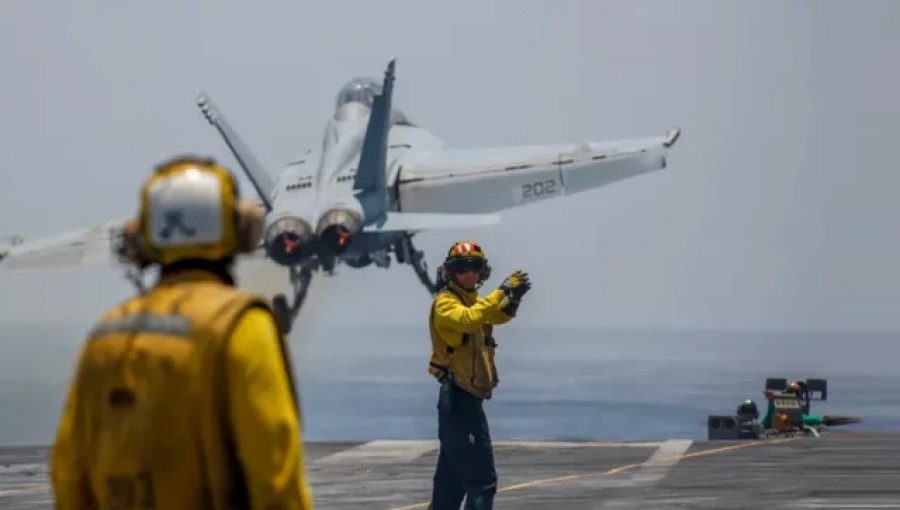

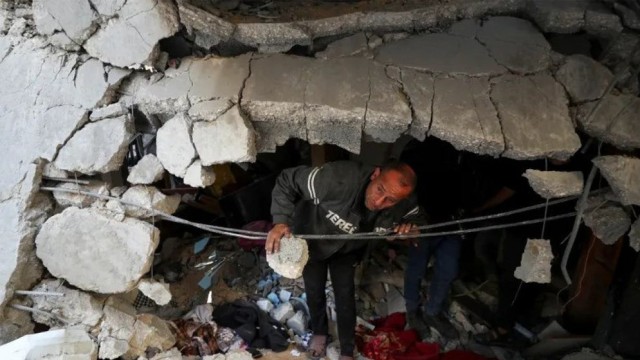

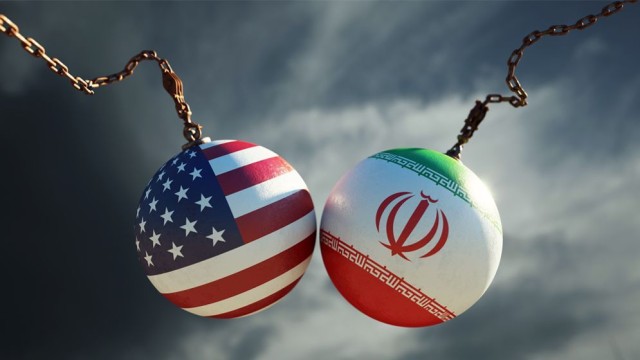
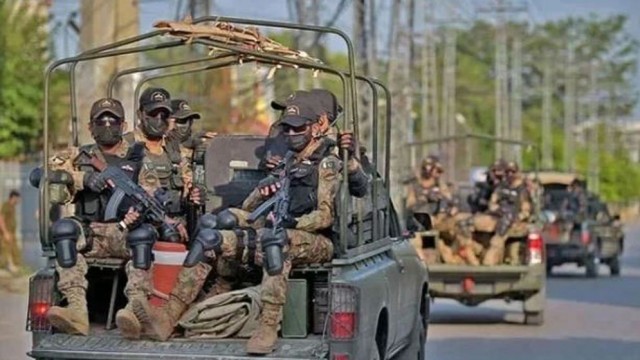
















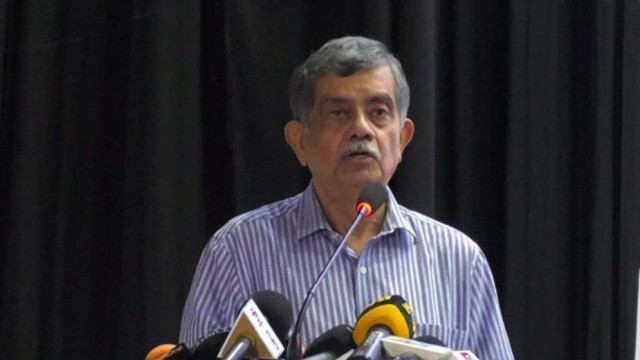





Comment: